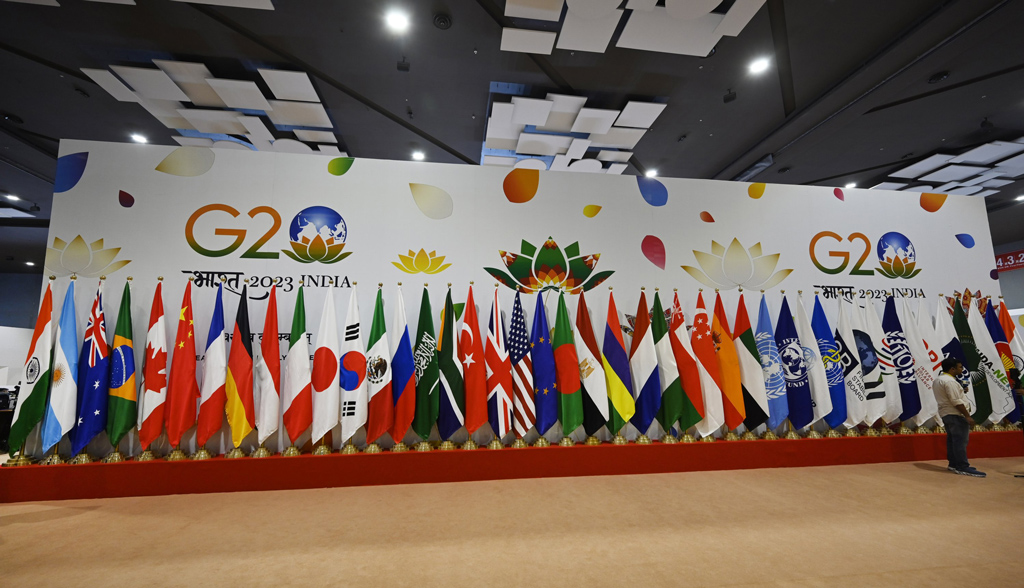
What is Türkiye's diplomatic dynamism?
New geopolitical transformations are taking place in world politics as the inability of international organizations, starting with the United Nations, to promote peace and security encourages all countries to prepare for new solutions, cooperations and rivalries.
Share
New geopolitical transformations are taking place in world politics as the inability of international organizations, starting with the United Nations, to promote peace and security encourages all countries to prepare for new solutions, cooperations and rivalries.
Deepened by the coronavirus pandemic and the war in Ukraine, great power competition reveals fresh moves and novel projects. Western solidarity against Russia, U.S. efforts to create bilateral and trilateral cooperation mechanisms in the Asia-Pacific region to contain China, the admission of six new members into BRICS (Brazil, Russia, India, China and South Africa), the European Union’s renewed interest in enlargement and normalization processes in the Middle East immediately come to mind.
It is against that backdrop that rising and regional powers reassess their international positions and develop a sense of strategic autonomy. The United Kingdom, Germany, France, Brazil, India and Türkiye fall into that category. That is why new projects related to supply chains and energy receive more and more attention. Such plans include China’s Belt and Road Initiative and the India-Middle East-Europe Corridor unveiled at the G-20 summit in New Delhi, India.
Having become aware of the above-mentioned changes in world politics early on, Türkiye created its own "strategic autonomy" framework in light of various experiences – the essence of the “Türkiye Axis” that President Recep Tayyip Erdoğan outlined in his 2023 election manifesto. The country started by adopting a proactive national security approach to crack down on terrorist organizations and resorting to hard power, if necessary, to defend its interests. Türkiye’s post-2016 military operations in Syria, Iraq, Libya and the Eastern Mediterranean attested to that change. More recently, the country pursued normalization to cement its gains and cut its costs – which led to its repositioning in the international arena.
Tags »
Related Articles






